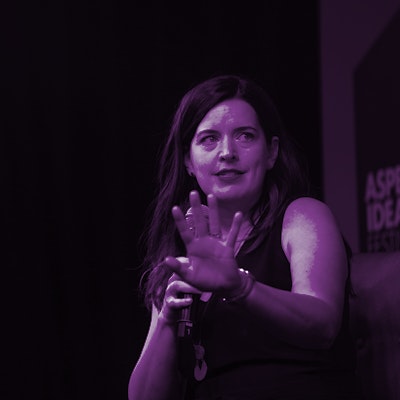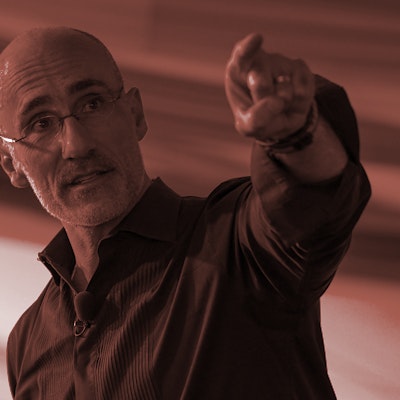
How is we became not just hopeful, but so optimistic that we might feel outrage when something tragic happens?
Show Notes
We try our whole lives to avoid pain and suffering and when it does show up, we try to solve it. In her new book, No Cure for Being Human, religious scholar Kate Bowler says we try to out-eat, out-learn, and out-perform our humanness. Truth is, bad things do happen to good people and if we're going to tell the truth, we need one another. As someone who lives with cancer, Bowler knows first-hand about the everything-works-out fantasy common in American culture. She speaks with Adelle Banks, national reporter at Religion News Service, about her personal experiences with pain and grief and the role religion plays in dealing with suffering.
This conversation was held by the Society of Fellows at the Aspen Institute. The Society of Fellows is a national community of diverse and distinguished leaders who sustain and support the Aspen Institute. Members enjoy unparalleled access to Institute programs and events, including unique experiences with nationally-recognized speakers. Join the Society of Fellows to advance the mission of the Aspen Institute.
Explore
Related episodes


No amount of determination can stop bad things from happening, says Kate Bowler, a scholar of Christianity and stage IV cancer patient.


How can we avoid the middle age blues and feel purposeful later in life?


New research suggests that much of what people think about happiness is wrong.







